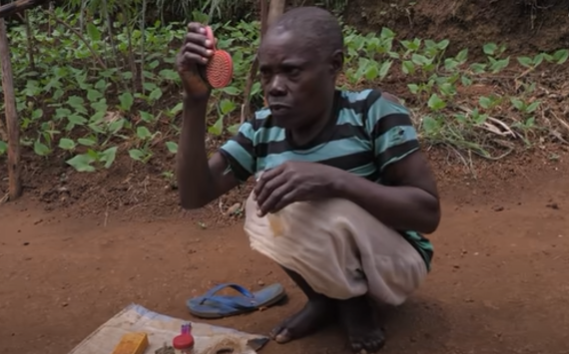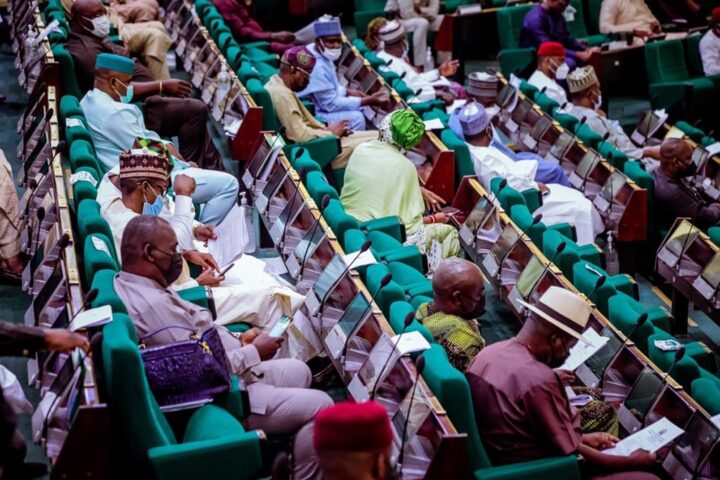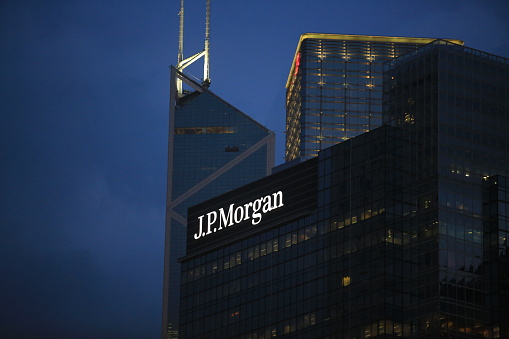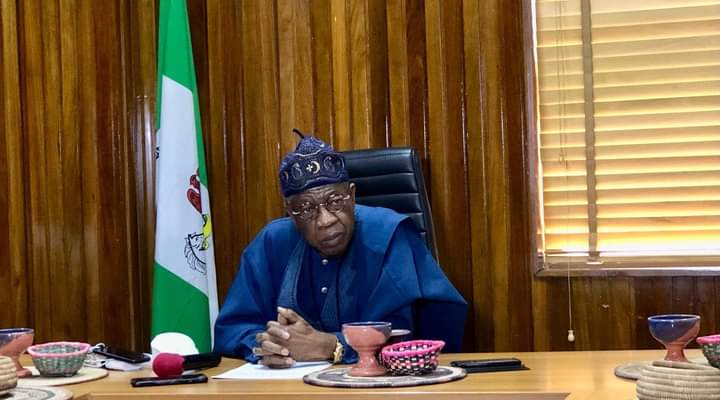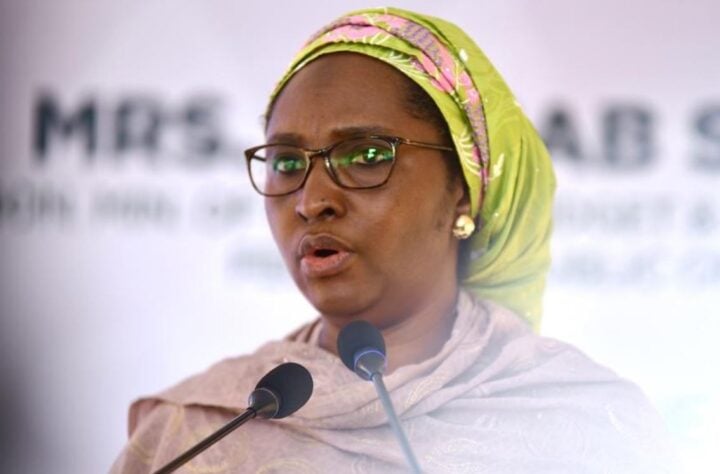It appears as though Abubakar Malami, Nigeria’s attorney-general, cannot stay clear of controversies. Like a compass pointing north, the fingers of controversy involving the federal government almost always lead to him. He holds the prize for the most controversial attorney-general in the federation’s history. The senior advocate of Nigeria (SAN) has been muddled in some unsavoury situations, too filthy for the pristine robe and wig of the bench. He had been accused of using the Economic and Financial Crimes Commission (EFCC) to hound a governor. One of the brigands who raided the home of Mary Odili, a justice of the supreme court, claimed he worked for him — among other accusations.
However, his controversy has another layer that presents him as double-faced. He is riddled with contradictions in actions, speeches, and writings. He disproves his actions with corresponding reactions. This became obvious in his handling of the OPL 245 case against JP Morgan and Mohammed Bello Adoke, Nigeria’s former minister of justice.
‘MALAMI’S DOUBLESPEAK’
Nigeria has sued JP Morgan Chase for its involvement in the resolution agreement and subsequent payments made in relation to the award of OPL 245 to Malabu Oil & Gas Ltd.
Advertisement
The country is seeking compensation of $1.7 billion.
In the suit before a UK court, the federal government alleged that JP Morgan and Adoke were involved in a “fraudulent and corrupt scheme”, which led to the resolution agreement and payments.
TheCable reported how JP Morgan’s 123-page opening submission disputed that Nigeria “has no direct evidence in support of its case that there was a fraudulent and corrupt scheme as alleged” against Adoke and the bank.
Advertisement
The plaintiff also cited how the federal government claim contradicts Malami’s correspondence with President Muhammadu Buhari in 2017.
The attorney-general had, in a letter to the president, said there is insufficient evidence to prove fraud or corrupt practices in the case.
“Indeed, it seems that the current Attorney-General, Mr Malami (who has authorised the pursuit of the present proceedings), has doubts about the wisdom of seeking to pursue the criminal prosecutions,” the bank told the court.
“He [Malami] wrote a letter to President Buhari dated 27 September 2017, stating that there is insufficient evidence to support allegations that the Resolution Agreements were part of a fraudulent and corrupt scheme. That, obviously, is the polar opposite of the case being run by the FRN in these proceedings.”
Advertisement
U-TURN ON EVIDENCE IN ABBA KYARI’S CASE
When Abba Kyari, suspended deputy commissioner of police (DCP), was indicted by the Federal Bureau of Investigation (FBI) on its investigation into Hushpuppi, a self-confessed international fraudster, a panel was set up to look into the accusation.
In August 2021, Usman Baba, inspector-general of police (IGP), received the panel report and sent it to Malami for legal advice.
In his advice, Malami had said there was a prima facie case of money laundering and that further investigations should be conducted into the matter.
Advertisement
“That there exists prima facie case of conspiracy, collaboration, receipt, conversion, transfer and/or retention of proceeds of unlawful activities contrary to the provision of sections 15, 17 & 18 of the Money Laundering (Prohibition) Act, 2004 and Section 17 of the Economic and Financial Crimes Commission (Establishment) Act, Cap E, Laws of the Federation of Nigeria, 2004, against DCP Abba Kyari and other suspects in view of the overwhelming evidence showing the nature of his disguised financial transactions and activities with Abbas Hushpuppi, Efe Martins, Usman Ibrahim Waziri, Sikiru Adekoya, Hussaini Ala and Sharon Festus, who are all confirmed members of an international Internet fraud network,” Malami had said in the legal advice.
“Although the facts and circumstances of this case as contained in the case file are suggestive to money laundering offences against DCP Abba Kyari and his accomplices, namely: Abbas Hushpuppi, Efe Martins, Usman Ibrahim Waziri, Sikiru Adekoya, Hussaini Ala and Sharon Festus; to successfully prosecute them, there is a need for a more thorough dissecting and tracing of the suspected 33 proceeds of crime received by DCP Abba Kyari directly or indirectly through the said accomplices.”
Advertisement
However, in new advice dated February 4 but which surfaced on Sunday, Malami contradicted his earlier position, saying there is no “sufficient evidence” that Kyari was involved in money laundering.
“I am directed to inform you that after a careful study of the said response wherein you stated that ‘the monies have been traced to Zenith Bank account no. 2255416115 belonging to Usman Ibrahim Waziri; Guaranty Trust Bank account no. 0130665392 belonging to Adekoya Sikiru; Zenith Bank account no. 2080537566 belonging to Hussein Ala and other funds went to Sharon Festus. The monies were withdrawn and utilised by the aforementioned account holders and the lady,” the letter reads.
Advertisement
“It is our view that the above response has not linked the suspect, DCP Abba Kyari, to the offence of money laundering as the evidence contained in the case diary is not sufficient to indicate or show that the said monies were laundered directly or indirectly by Kyari to disguise their origin, more so that the aforementioned recipients or receivers exonerated him in their statements as having nothing to do with the monies.”
The U-turn has been fuelling the speculation that Malami is trying to exonerate Kyari.
Advertisement
SUPPORTED DSS’ ARREST OF JUDGES IN 2016
In 2016, after some operatives of the Department of State Services (DSS) raided the residence of some judges in Abuja, Malami defended the operation as a move in an investigation that even constitutionally guaranteed immunity does not prevent.
Many lawyers believed the raid to be an insult on the judiciary by the executive; however, the attorney-general did not think so.
“Once crimes and criminality are concerned, nobody is an exception. I think the undertone should be exclusively the consideration of the existence of a prima facie case; the existence of reasonable grounds for suspicion of commission of a crime,” he had said.
“And if there are, no member of the legislature, judiciary and executive can definitely be exempted from investigation. I think where we are now is the point of investigation, and that is what is taking place.”
“The bottom line is that we have a responsibility to fight corruption. Corruption is a crime, and nobody, regardless of how highly placed, is exempted as far as issues that border on crimes and criminalities are concerned.
“The limited exceptions, as we know constitutionally, are the exceptions of immunity. And to the best of my knowledge, those exceptions do not apply to investigation. For those that are conferred with the immunity, the right to investigate has not been taken away constitutionally.”
Add a comment

